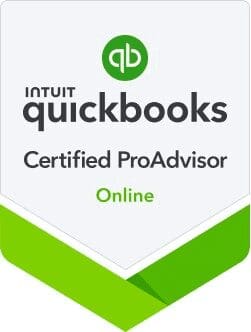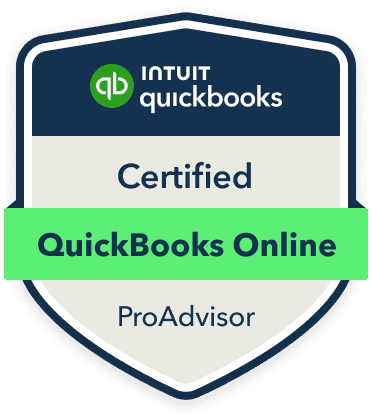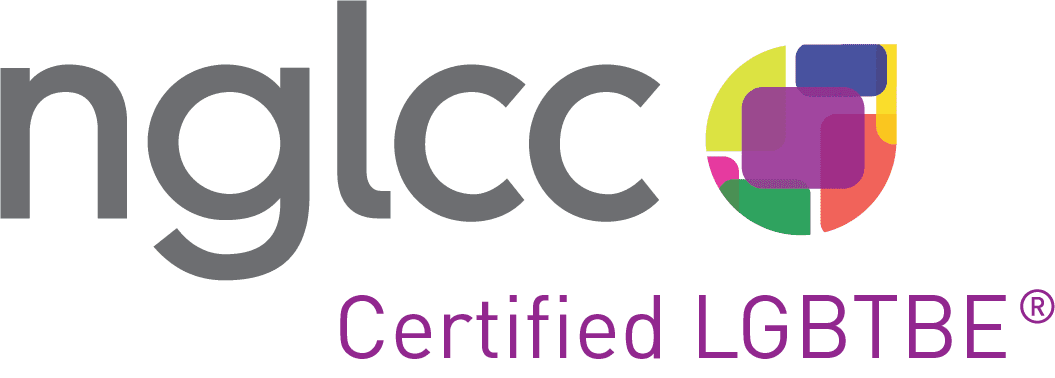As tax season approaches, residents and small business owners in Reno often face the daunting task of organizing their financial affairs for timely and accurate tax filing. Whether you're a seasoned filer or tackling this responsibility for the first time, understanding the strategies that local tax preparers recommend can transform your tax preparation experience. Rought & Accounting in Reno, a trusted name in personalized tax services, offers insights that can not only streamline your tax process but also enhance your financial outcomes.

Maintaining organized financial records throughout the year is a crucial first step recommended by tax experts. This practice eases the burden of tax filing and ensures that all deductions and credits are properly accounted for. Understanding the nuances of these financial benefits, such as what qualifies for a deduction or a credit, can significantly impact your tax liabilities and returns. Moreover, honesty and accuracy in your financial records are paramount. These records form the foundation upon which tax professionals like those at Rought & Accounting base their evaluations and advice. Additionally, staying informed about the latest tax laws and updates can make a major difference in your tax preparation strategy, helping you avoid last-minute confusion and potential errors.
Maintaining an organized system for managing financial records is not just a necessity for businesses but also an empowering strategy for individual consumers. The ability to swiftly locate financial documents can save time and mitigate stress when handling unexpected financial situations or during tax season. Establishing a year-round organization system helps you stay on top of your financial health.
Start by determining what documents should be kept and for how long. Essential documents such as tax returns, major financial records, and legal contracts should be retained for a minimum of seven years. Other items like utility bills, credit card statements, and bank statements should be kept until you have confirmed the accuracy of the transactions and filed any related tax deductions. Organizing these documents into clearly labeled categories, whether digitally or in physical folders, makes retrieval straightforward and quick.
Digital organization has become a favored method due to its convenience and the added security features available. Using cloud storage solutions with encryption protects sensitive information from theft and environmental damage. Additionally, many financial institutions now offer digital statements and document storage that can be integrated into personal financial management software. This reduces physical storage needs and allows easy access across multiple devices with appropriate security measures in place.
Tax season can often feel overwhelming with its myriad forms and regulations. Yet, among the complexities, deductions and credits stand out as the superheroes of tax savings, directly reducing how much you owe to the state or federal government. These financial incentives encourage specific behaviors like investing in green technologies, pursuing higher education, or supporting charitable causes. While both reduce your tax burden, deductions lower the income you're taxed on, whereas credits decrease your tax bill dollar-for-dollar.
To effectively utilize deductions, it's crucial to understand the difference between standard and itemized deductions. The standard deduction, a set amount determined by your filing status, simplifies the process but might not provide the savings of itemized deductions, where you calculate relevant expenses. Common itemized deductions include mortgage interest, state and local taxes, and medical expenses exceeding a certain percentage of your income. Deciding whether to itemize or take the standard deduction depends on which scenario offers the greater tax benefit. Planning and record-keeping are essential to substantiate your deductible expenses.
For individual taxpayers, understanding personal tax credits can lead to significant savings. Common credits include the Earned Income Tax Credit (EITC) for low to moderate-income workers and families, the Child and Dependent Care Credit for parents incurring childcare costs while working or studying, and Education Credits for those pursuing post-secondary education. Each credit has specific qualifications and can sometimes be refundable, meaning they could reduce your tax liability below zero and result in a refund.
Business owners can also reduce their tax burden through credits aimed at fostering certain activities. For example, the Small Business Health Care Tax Credit helps small businesses and tax-exempt organizations afford the cost of covering their employees. Moreover, the Research and Development (R&D) Tax Credit incentivizes businesses of all sizes to pursue innovation within their industries. These credits not only lower tax liability but also support business growth and operational goals.
In essence, understanding the intricacies of deductions and credits is key to maximizing your tax refunds or minimizing what you owe. Whether you're an individual taxpayer or a business owner, consulting with a tax professional who can help you navigate the options and plan accordingly is wise. This knowledge aids in compliance with tax laws and optimizes financial performance, aligning strategically with personal and business finances.
In today's fast-paced business environment, maintaining accurate and honest records is not just a legal duty but a strategic asset. Accurate financial records are crucial for understanding your business’s financial health, making informed decisions, and ensuring compliance with tax laws and regulations. For Rought & Accounting, the importance of this cannot be overstated, as it significantly influences the firm's reliability and reputation.
Accurate record-keeping provides detailed and clear insights into the profitability and financial status of your business. It allows you to identify strengths, weaknesses, and opportunities for improvement. When your financial records are in order, assessing new strategies for growth becomes much easier. This practice helps in internal management and boosts consumer confidence, enhancing relationships with investors and creditors.
Moreover, accurate records reduce the chances of financial mismanagement and fraud. They act as a check and balance, ensuring that every transaction is accounted for and can be traced back to its source. For consumers, this transparency builds trust and assures them of your business’s integrity. Furthermore, such practices improve your standing with search engines, as online mentions of your company will likely be positive due to fewer financial discrepancies and customer complaints.
Tax laws are constantly evolving, making it imperative for consumers to stay informed about the latest changes that could affect their financial health. Tax law adjustments can have significant implications on personal finances, business operations, and investment decisions. Understanding these changes not only helps in complying with the law but also in optimizing tax liabilities. At Rought & Accounting, we dedicate ourselves to dissecting these complex alterations and simplifying them for our clients.
Every year, various adjustments to tax laws occur at both federal and state levels. These can range from shifts in tax brackets and changes in deductions and credits to new regulations affecting retirement savings or healthcare benefits. For individuals, this could mean different strategies for filing taxes, potentially leading to significant savings or avoiding legal penalties. For businesses, staying updated could affect everything from payroll to profit margins.
The main reason staying informed about tax law changes is essential is compliance. Failing to adapt to new laws can result in fines and penalties. However, the benefits extend beyond mere compliance. For individual taxpayers, understanding how new tax laws impact their deductions, credits, and overall tax liability can lead to substantial financial savings. For businesses, it can influence strategic decisions related to business structure, employee benefits, and expense management.
Moreover, tax laws are influenced by political and economic conditions, meaning they can change frequently and sometimes drastically during economic downturns or when new administrations take office. Consumers who stay informed can adjust their financial planning strategies accordingly to take advantage of beneficial changes and mitigate adverse effects from others.



